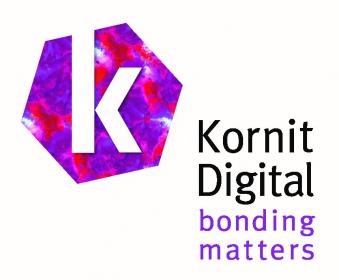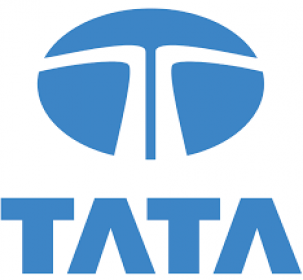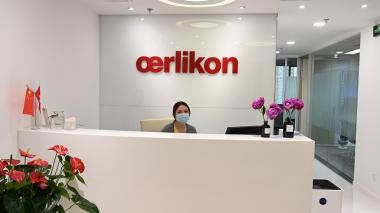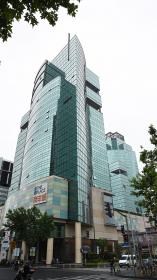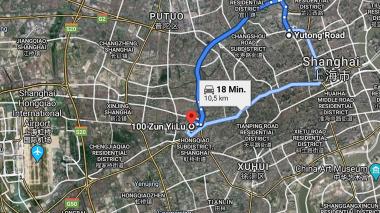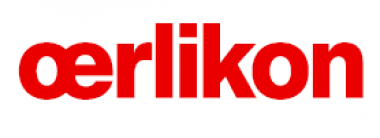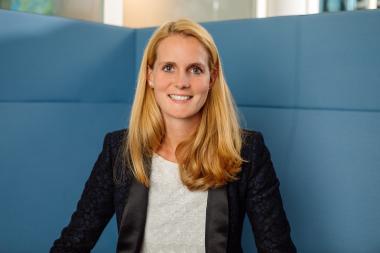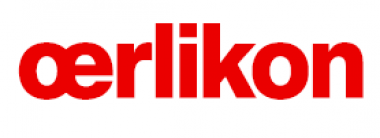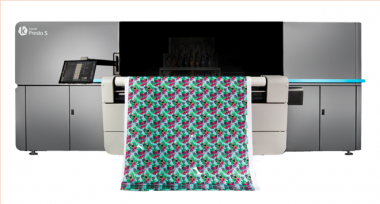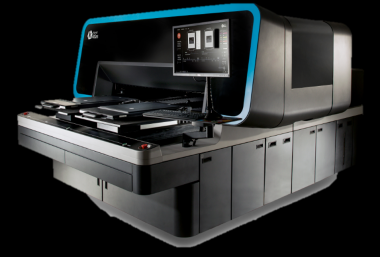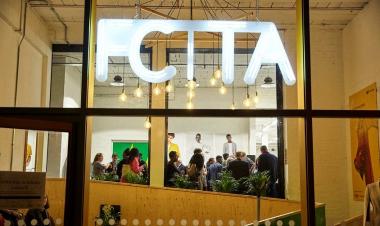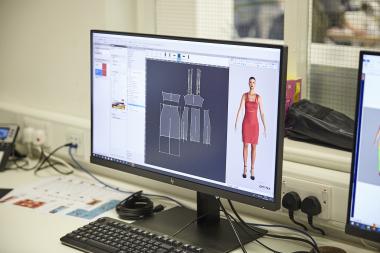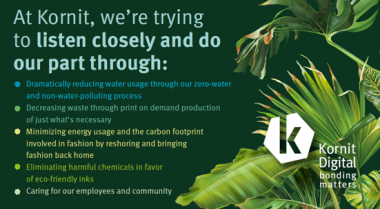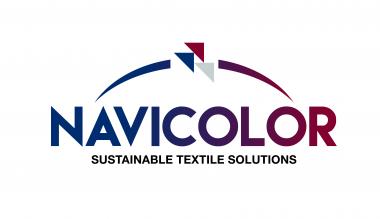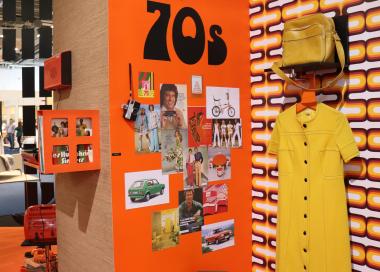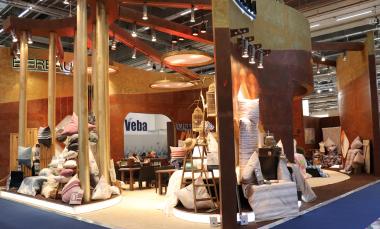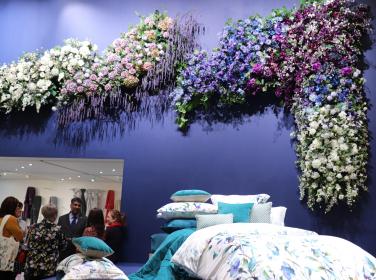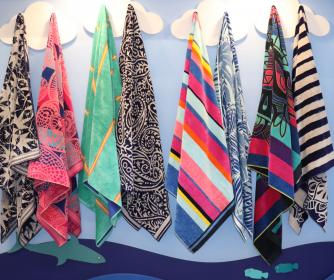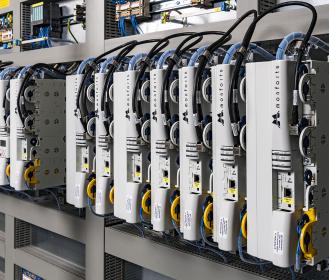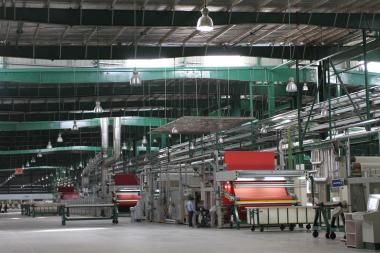Kornit Digital übernimmt Custom Gateway
- Erweiterung des Portfolios an cloudbasierten Software- und Workflowlösungen für das durchgängige Management der On-Demand-Produktion von Bekleidung und Heimtextilien
- Übernahme markiert den nächsten wichtigen Schritt bei der Erweiterung der strategischen Partnerschaft mit führenden Markenartiklern, Einzelhändlern und Zulieferern, die ihre digitale Transformation vorantreiben
Kornit Digital (Nasdaq: KRNT), ein Marktführer für digitale Textildrucktechnologien, gab die Übernahme von Custom Gateway, einem Anbieter von innovativen, cloudbasierten Software-Workflow-Lösungen für die On-Demand-Produktion, bekannt.
Mit ihren zahlreichen Funktionen ist die Cloud-Plattform von Custom Gateway für B2B- und B2C-Geschäftsmodelle geeignet und übernimmt alle Arbeitsschritte bei der On-Demand-Produktion. Die Plattform ermöglicht das Sourcing, Erstellen, Verwalten und Anzeigen von Content im Frontend. Die erstellten Aufträge werden in einem Auftragsverwaltungssystem erfasst und mithilfe von Algorithmen an die entsprechenden Backend-Produktionsstandorte weitergeleitet. Die intelligente Weiterleitung und die Verwaltung der Aufträge ermöglichen eine effiziente, individualisierte On-Demand-Massenproduktion. Optimiert wird der Prozess von der Auftragserstellung bis zur Auslieferung durch die Integration in vorhandene IT-Umgebungen, datengestützte Entscheidungen und Business-Intelligence-Analysen. Durch die nahtlose Frontend-Anbindung (Online-Shop oder andere Verkaufsplattform) an das am besten geeignete Backend (On-Demand-Produktions- und Logistikbetrieb) ermöglicht die Technologie Kunden, die Vorteile der Digitalisierung – Effizienzsteigerung, Skalierbarkeit und Erhöhung der Wirtschaftlichkeit – optimal zu nutzen.
Die Plattform von Custom Gateway ergänzt die Konnect-Plattform von Kornit. Neben Transparenz und Kontrolle über ihre Druck- und Geschäftsprozesse bietet sie Kunden von Kornit Geschäftsinformationen, damit diese angesichts der Marktdynamik und disruptiven Veränderungen flexibel agieren und reagieren können.
Weltweit hat Custom Gateway mehr als 300 aktive Kunden, darunter renommierte Marken, wie den größten britischen Modeeinzelhändler Next, sowie andere führende Sport-, Mode- und Content-Marken.
Kornit Digital


